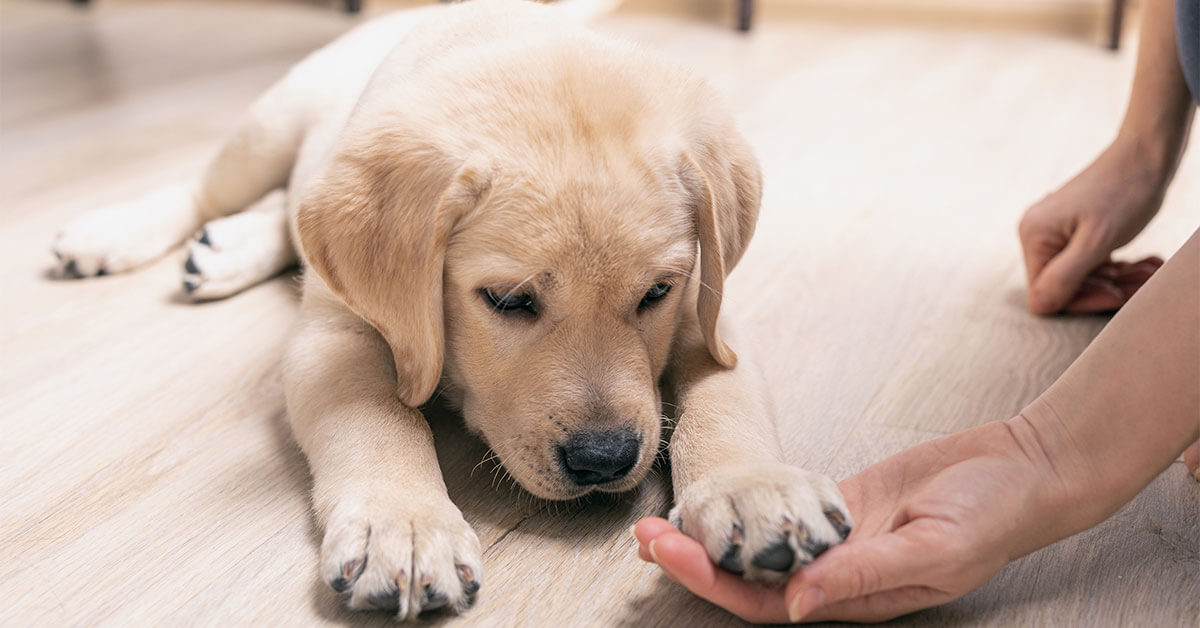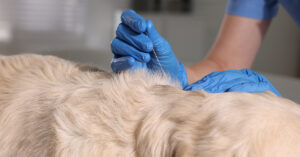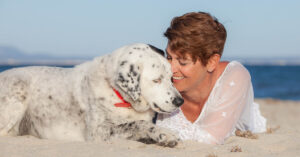The decision to bring a new puppy into your home is filled with excitement, joy, and anticipation. Puppies bring a unique energy and companionship to any family. Still, they also require significant preparation, care, and patience. Ensuring you have everything ready for your new furry friend can make the transition smoother and more enjoyable for both of you. This blog will help you navigate through the necessary preparations and offer a checklist to ensure you’re fully ready for your new puppy’s arrival.
Before the Puppy Arrives
1. Puppy-Proof Your Home
Puppies possess an innate curiosity, leading them to investigate every corner and crevice. To keep them safe, puppy-proof your home by securing electrical cords, removing toxic plants, and ensuring small objects that could be swallowed are out of reach. Create a safe, puppy-friendly space where your new pet can play and rest without trouble.
2. Choose a Vet
Before your puppy arrives, choose a veterinarian. Your new puppy will need vaccinations, routine check-ups, and possibly microchipping. Establishing a relationship with a vet early on is crucial for your puppy’s health and well-being.
3. Purchase Supplies
It would be best if you stocked up on several supplies before your puppy arrives. Here’s a basic checklist:
- Food and Water Bowls: Durable and easy-to-clean bowls are best.
- Puppy Food: Consult with your vet to select a high-quality puppy food appropriate for your puppy’s breed and size.
- Bed: A comfortable, washable bed in a quiet, draft-free area.
- Crate: A crate big enough for your puppy to stand, turn around, and lie down comfortably.
- Leash and Collar: Adjustable collars are ideal for growing puppies and a sturdy leash for walks.
- Chew Toys: Safe, durable toys to help soothe teething.
- Grooming Supplies: Puppy-formulated shampoo, a brush, and nail clippers.
- Potty Training Supplies: Puppy pads, cleaner for accidents, and possibly a bell for door training.
- ID Tag: With your puppy’s name and your contact information.
The First Days
1. Establish a Routine
Puppies flourish with a structured routine. Set up a regular timetable for meals, bathroom breaks, play sessions, and sleeping. This helps your puppy feel secure and aids in training.
2. Begin House Training Immediately
House training starts the moment your puppy comes home. Take them to their designated potty area frequently, especially after eating, playing, or waking up. Reward successful potty breaks with praise and treats.
3. Introduce Them to Their Crate
A crate serves as a secure sanctuary for your puppy and is an essential asset for housebreaking. Introduce the crate gradually, placing comfortable bedding and toys inside, and reward your puppy for entering.
4. Vet Visit
Schedule a veterinarian visit within the first few days. This initial check-up will ensure your puppy is healthy, start their vaccination schedule, and discuss spaying or neutering.
Training and Socialization
1. Basic Commands
Start with basic commands like sit, stay, and come. Training sessions should be short, positive, and rewarding.
2. Socialization
Socialization is crucial for developing a well-adjusted, friendly dog. Introduce your puppy to a variety of people, locations, and scenarios, making sure each encounter is a positive one.
3. Positive Reinforcement
Employ methods of positive reinforcement, like offering treats and verbal praise, to promote desirable behavior. Avoid negative reinforcement, as it can lead to fear and aggression.
Ongoing Care
1. Nutrition
Feed your puppy a balanced diet suitable for their age, size, and breed. Consult your vet for recommendations and monitor your puppy’s growth and health.
2. Exercise
Puppies have a lot of energy. Ensure they exercise regularly through play and walks. Be mindful not to overdo it, especially with large breed puppies whose joints are still developing.
3. Continued Education and Training
Training and socialization are ongoing processes. Consider enrolling in puppy training classes to build on basic commands and social skills.
4. Love and Attention
Above all, your puppy needs love, attention, and patience as they adjust to their new home. Bonding with your puppy through play, cuddles, and training strengthens your relationship and builds a lifelong friendship.
Conclusion
Bringing a new puppy into your home is an adventure of challenges and rewards. By getting your home ready, gathering necessary supplies, and dedicating yourself to your puppy’s care, training, and socialization, you are laying the foundation for a joyful, healthy, and rewarding bond with your new furry companion. Remember, your effort during these early days will pay off with years of companionship and love.
At Laguna Beach Veterinary Medical Center, our veterinarians specialize in integrative medicine, combining both holistic and conventional treatment methods to ensure your pet receives comprehensive care. With certification and training in traditional and advanced holistic veterinary practices, our professionals deliver compassionate and unique healing techniques.
Call (949) 464-1000 to schedule an appointment with Dr. Cohen or Dr. Kruger today.



